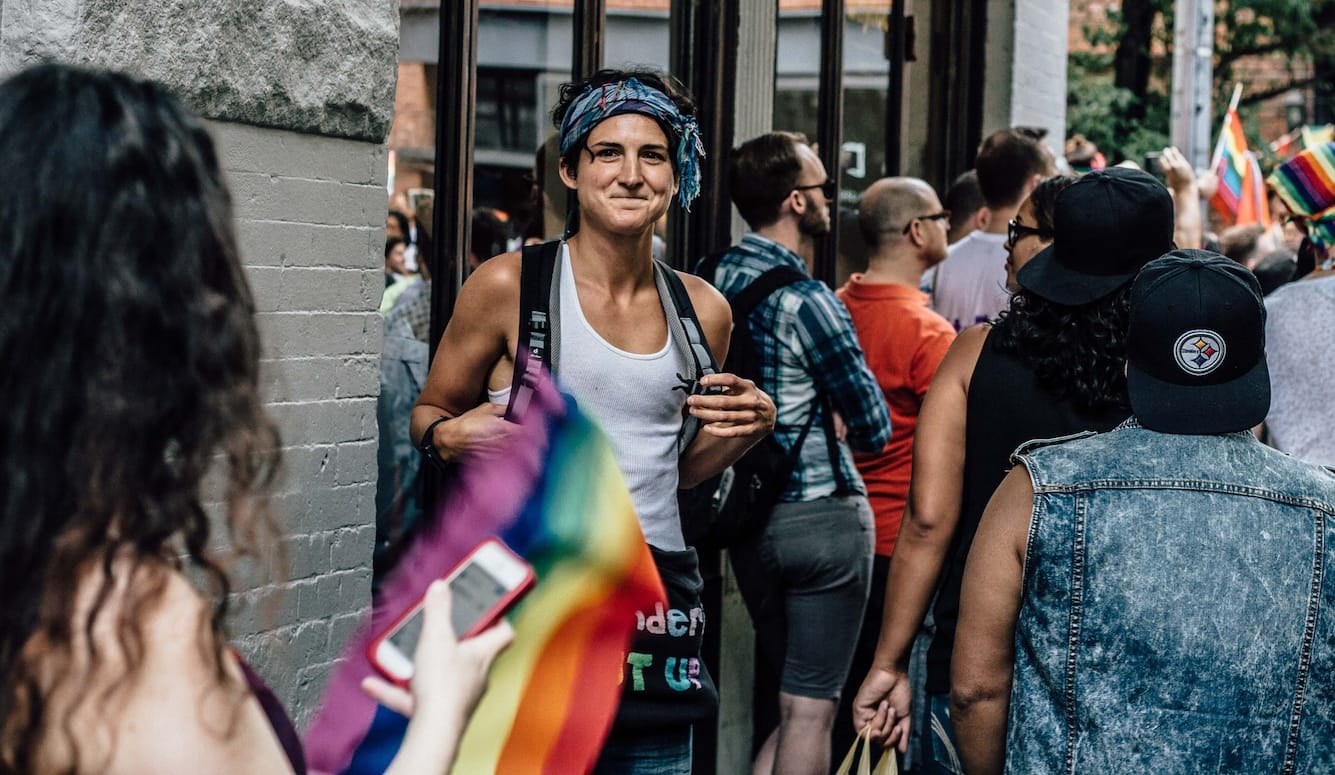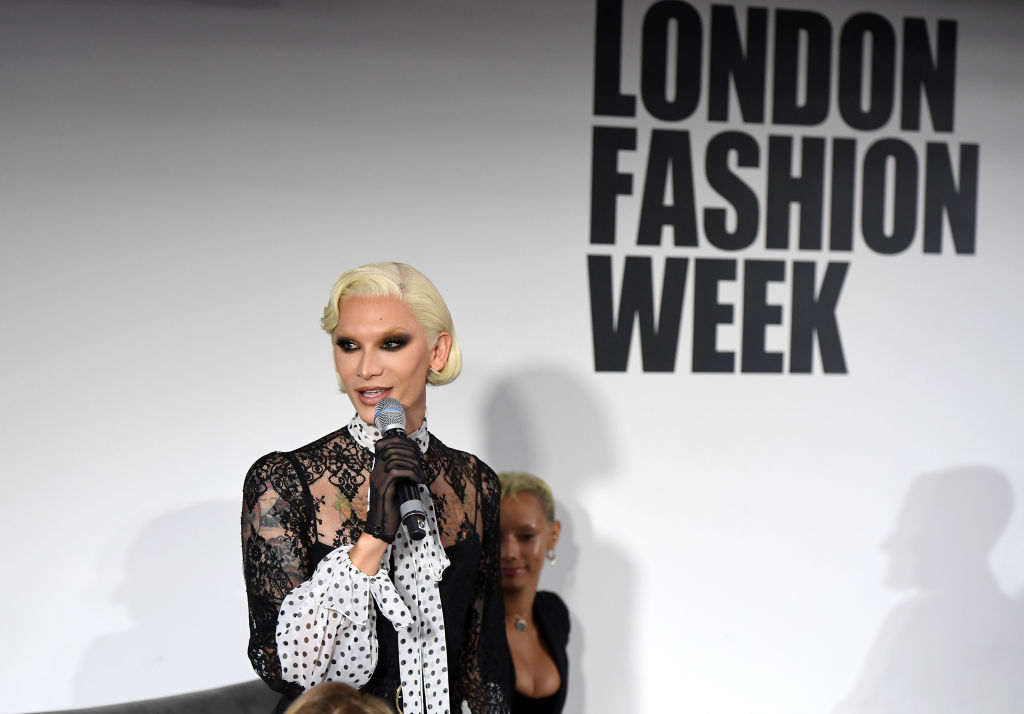Biology and Gender
For Competitive US Runners, a ‘Non-Binary’ Identity Has Become a Lucrative Asset
The New York Road Runners club now allows mid-grade men to earn prize money by opting into race categories reserved for athletes claiming to be neither male nor female.

While modern Olympic Games feature many well-paid professional athletes—especially in such popular spectator sports as basketball and soccer—their presence is something of a modern innovation. The International Olympic Committee originally idealised their events as competitions among non-professionals whose love of sport was unsullied by commercial motivations.
In truth, this noble-seeming ideal was rooted in class protectionism, as it favoured upper-class “gentlemen amateurs” while excluding working-class athletes. And as the twentieth century wore on, this prohibition on professionals became something of a farce—as athletes, sports administrators, and, in many cases, national governments, created administrative fictions that allowed nominal amateurs to earn a livelihood while training and competing on a full-time basis.

Distance running epitomised this trend toward “shamateurism.” By the 1980s, race directors were funding a grey market, surreptitiously handing envelopes full of cash to “amateur” athletes in their hotels or at post-race parties. As the practice became more brazen, the top finishers would sometimes even receive their winnings shortly after they’d stepped off the podium, medals still dangling from their necks.
In 1984, the organisers of the New York City Marathon openly awarded Orlando Pizzolato and Grete Waitz $25,000 and a Mercedes each for winning the men’s and women’s races, respectively. This came shortly after race director Fred Lebow published a book in which he admitted, by The New York Times’ summary, “what has long been an open secret… that the marathon [had been] making substantial prize payments to the top finishers in the annual event.”
Forty years later, no one is shocked to see road-race winners given large cheques. There is no longer any need for hypocrisy because everyone acknowledges that attracting the world’s best runners to events such as the New York City Marathon requires financial inducements.

But in recent years, race organisers have engaged in a new kind of subterfuge. And this time, it is not professional athletes play-acting as amateurs; but rather mid-grade male runners play-acting as champions in race categories reserved for “non-binary” competitors.






